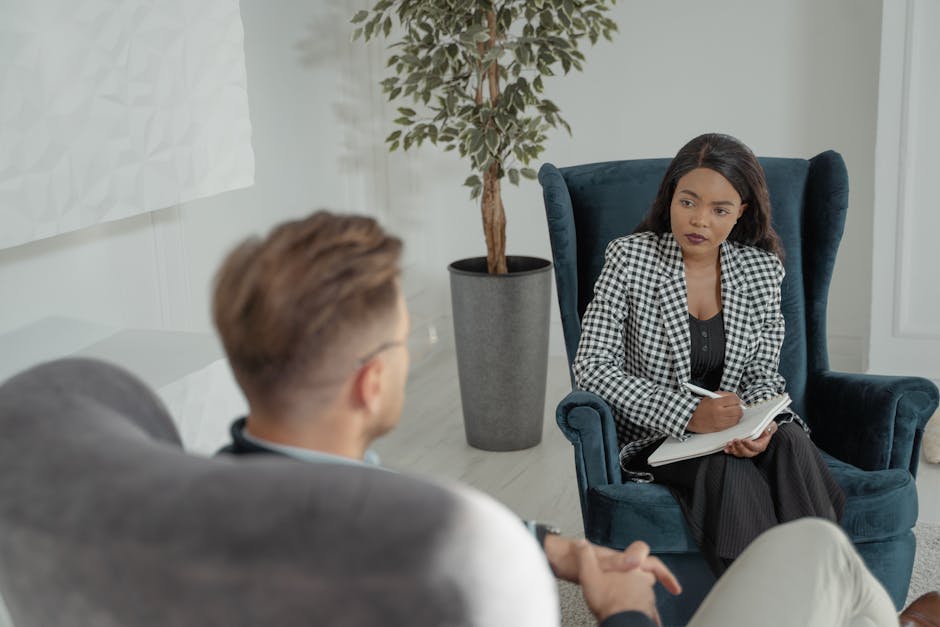
The Psychology Behind Jury Selection
Jury selection is a crucial process in the legal system that aims to ensure a fair trial. It involves the careful examination and questioning of potential jurors to determine their suitability for a particular case. But what role does psychology play in this process?
Understanding the psychology behind jury selection can help attorneys and legal professionals make informed decisions during the jury selection process. By considering key psychological factors, lawyers can strategically choose jurors who are more likely to be receptive to their arguments and perspectives.
One important psychological concept at play in jury selection is the confirmation bias. People tend to have a natural inclination to seek out information that confirms their existing beliefs and values. Attorneys can leverage this bias by identifying potential jurors who are likely to lean in favor of their case.
Another crucial element is the halo effect. This cognitive bias causes individuals to form an overall positive impression of someone based on a single positive trait or characteristic. Attorneys can utilize this bias by emphasizing positive traits or characteristics of their client or case during jury selection.
Additionally, the psychology of group dynamics can influence jury selection. Jurors are often required to deliberate as a group and reach a consensus. Understanding how group dynamics function can help attorneys select jurors who are more likely to influence the final outcome in their favor.
Overall, the psychology behind jury selection sheds light on the intricate process of choosing a fair and impartial jury. It demonstrates the importance of considering psychological factors to strategically shape the jury composition and increase the likelihood of a favorable outcome.
